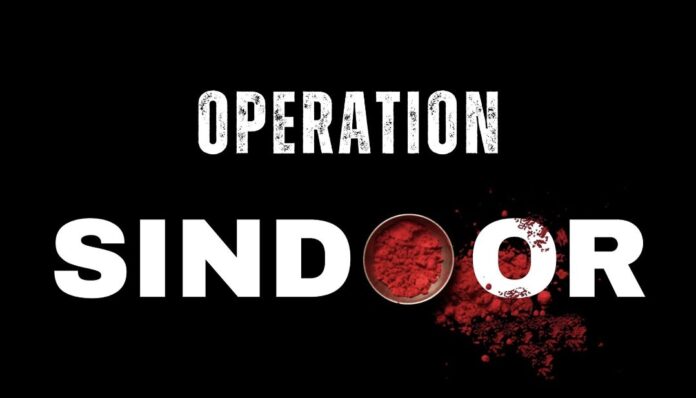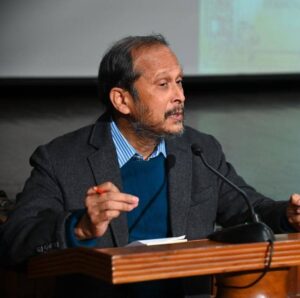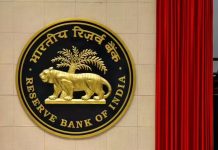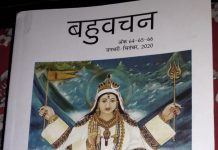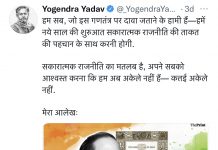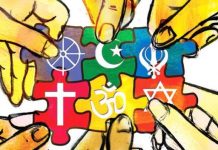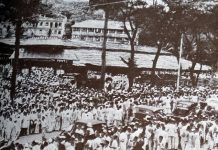— Nalini Ranjan Mohanty —
India’s military leadership gave a dazzling account of itself as a disciplined and professional force but India’s diplomatic leadership, Modi-Jaishankar team, came across as a bunch of country bumpkins unable to fathom the arcane ways of the world diplomacy
As the Indo-Pak war cry winds down, it’s time for cooler assessment about gains and losses without the nationalistic gloss, even as, we know, it is a difficult task as the jingoistic media on both sides are riding a slipstream of nationalist fervour.
Who then can make an objective assessment? I preferred to look at the New York Times as I have found it more trustworthy in reporting about Indo-Pak conflict. Unlike many other western newspapers and TV stations, the NYT has not shied away from calling the Pahalgam massacre a terrorist attack and Pakistan as a hub of terrorist activity. Its reporters in Islamabad have reaffirmed India’s claim that its May 7 air attack hit the precise targets of JeM and LeT, the two diabolical terrorist outfits that have caused mayhem in India over decades.
To that extent, Operation Sindoor accomplished its stated mission; the NYT and other international media houses had reported from the spot in 2019 that the Balakot strike had gone haywire; it had only hit the woods and uprooted a few trees; despite the hype, it had served no strategic purpose of India.
But this time India’s armed force gave a dazzling account of itself by launching a coordinated attack that devastated the terrorist headquarters in Pakistan; India’s defence establishment displayed its professionalism by ensuring that the attack was restrained and non-escalatory in nature, as was the stated objective.
The NYT reporters in India claimed that Pakistan’s counter-attack on civilian bases in India ( as, NYT candidly states, Pakistan had no face to say that it was hitting equivalent terrorist sites in India) too served Pakistan’s strategic purpose: that it must give an adequate response to Indian attack, but it must not escalate the fight into a full-scale debilitating war against India.
Thankfully, a ceasefire came about before the threshold of the fight went up, but, for sure, it came only after the leadership of both the countries were confident that they would be able to appease the nationalistic blood lust of their respective domestic audience.
Post-ceasefire, the military on both sides have expectedly claimed victory. The jingoistic media in both the countries have gone on an overdrive to prove that it was only the enemy country which has been left with a bloodied nose.
Given the fog of misinformation that surrounds the landscape today, it would take some time to glean fact from fiction, but it’s reasonable to say that no country can claim an unambiguous military victory. Each country was equally bruised; each country retreated from the brink with its honour intact.
But the same cannot be said about the political-diplomatic leadership. President Trump has heaped humiliation on India and has lent credibility to Pakistan. In the last one week, he has openly, repeatedly, equated a terror-haven like Pakistan with India, the victim of terror, thereby delivering a body blow to decades of Indian effort to show the falsity of such equivalence.
If we think Trump is an imposter or a crackpot, then we should have had the courage to call him out. But, see, our official lips are sealed; our Prime Minister spoke in innuendos and then our media was asked to amplify it as a rebuff to President Trump. Such tell-tale cowardice of our leadership has ill-served our nation.
Look at the success of the Pakistani leadership. Even as war was raging between the two countries, Pakistan managed to secure the passage of another tranche of the IMF loan, despite India’s stiff opposition to it. India had gone to the US — which has an outsize influence on the IMF decisions — and other western nations pleading that Pakistan is using the IMF money to invest in terror but no western country bought that argument. Pakistan won a decisive diplomatic victory; its IMF success delivered a lethal blow to India’s diplomatic standing.
As we saw, post-Pahalgam, not a single country, including the supposedly closest of our allies, were ready to hold Pakistan responsible for the terrorist attack. That shows our diplomatic leadership is just unequal to the challenge. In the process, the Modi-Jaishankar team, unfortunately, has given a distinct impression that they are a bunch of country bumpkins unable to fathom the arcane ways of the world diplomacy.
PM Modi’s passionate hugs with world leaders may make good optics, but that looks hollow when the same leaders junk all his pleas related to Pakistan-sponsored terror.
Pakistan, on the other hand, despite being an economic basket case and a failed democracy, seems to have mesmerised the western world to such an extent that PM Modi’s anti-Pakistan rhetoric cuts no ice with anyone, not even with India’s supposedly close allies in the democratic universe.
Will PM Modi’s palanquin-bearers please sit up and take notice of their Master’s feet of clay?
Discover more from समता मार्ग
Subscribe to get the latest posts sent to your email.

